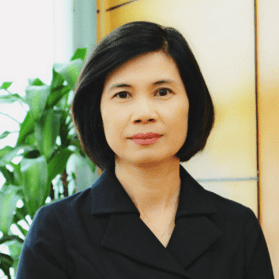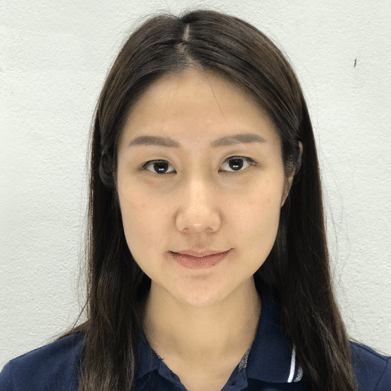Experiences of institutionalising HTA systems in resource-rich and resource-limited settings
Led by Dr. Daphne KhooSession Synopsis
HTA is increasingly recognised as a useful tool in low and middle income countries (LMICs) to generate evidence to guide Universal Health Coverage (UHC) policies, and improve efficiency and equity of healthcare systems. Many countries cite lack of technical capacity as a key limitation to institutionalising HTA systems in their local settings, however, this session will go beyond this constraint to explore the impact of political commitment, stakeholder engagement and scientific integrity on the success of HTA in informing priority setting and policy.
Several examples of the successes and challenges faced by different countries who have used HTA to inform policy will be presented, and participants will be encouraged to discuss how the influence of health system contexts, including the political environment and available resources impacts the adoption of HTA in their local settings.

Session Format
Case studies/experiences presented from 3 countries (15 mins each)

Panel presenters come together for Q&A to answer any questions (45 minutes)
Session learning objectives
-
Discuss the importance of long-term political commitment to introduce evidence-informed policy priority setting in different countries
-
Explore the impact of technical robustness, transparency, social accountability and policy relevance to establish HTA capacity in different settings
-
Compare and contrast best practice in resource-rich and resource-limited countries to drive adoption and institutionalisation of HTA processes to inform policy
Session Outlines
-
Presenters will highlight case studies that capture different levels of HTA capacity. Focus will be on influence of political commitment, stakeholder engagement and scientific integrity on driving the success of HTA in different settings. Practical aspects such as infrastructure and resources, including data availability, management, communication capacity and procedural guidelines should also be explored.
-
Q&A session will be held at the end for attendees to ask panellists questions or areas for further discussion.
Session Lead and Panellists
Dr. Daphne Khoo
Lead and Panellist
Dr. Tran Thi Mai Oanh
Panellist
Waranya Rattanavipapong
Panellist


